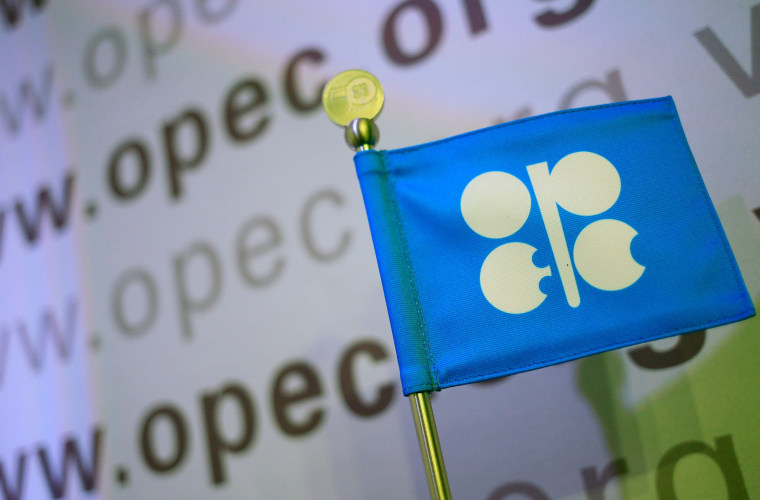When the Organization of the Petroleum Exporting Countries meets in Vienna on Thursday, the stakes are high for de facto leader Saudi Arabia, as the cartel contends with sluggish oil prices and the departure of founding member Qatar. On one hand, it wants to quell discontent within the group’s ranks to avoid the prospect of further defections, but it must also balance the members’ desire for higher oil prices with its reluctance to buck President Donald Trump’s craving for cheap oil.
Tensions between Saudi Arabia and Qatar have been escalating since 2017, when a Saudi-led coalition implemented a blockade against Qatar. Qatar has denied that its decision to leave OPEC is political, but its ties to Iran — considered by Middle Eastern experts to be one of the motivating factors behind the blockade — had been instrumental in forging consensus between the two regional rivals within OPEC.
“Qatar’s departure injects an element of political uncertainty into the proceedings,” said Jason Tuvey, senior emerging markets economist at Capital Economics in the U.K.. “It further cements the country’s feud with Saudi Arabia and its allies.”
Although Qatar’s contribution to global oil output is small, it had played an important role in intra-OPEC politics by helping achieve consensus and adherence to policy decisions. “More broadly, this will make it more difficult for the internal politics of OPEC,” said Jacob Kirkegaard, a senior fellow at the Peterson Institute for International Economics. “To the extent you can say Qatar played a political role inside OPEC, it was probably to facilitate an understanding or dialogue between the other member states.”
"Next time there is a need for OPEC to change its policy stance it will be more difficult to reach an agreement,” Kirkegaard said.
According to OPEC sources cited by Reuters, the cartel is aiming for production cuts of at least 1.3 million barrels a day by members as well as non-member Russia, but oil market observers were skeptical this would come to fruition.
“I think they could announce it, whether they would actually implement it I think is another matter,” Kirkegaard said.
“We think that any cut will be at the more modest end of the spectrum as the authorities balance the need to placate President Trump with a desire to put a floor under oil prices and prevent acrimony within OPEC,” Tuvey said.
Energy analysts say much of any cutback in production would have to come from Saudi Arabia. “Saudi is the one that will have to carry the can here,” said John Hall, chairman of Alfa Energy, a U.K.-based consulting company.
The geopolitical wrinkle is that Saudi Arabia has been frequently exhorted by Donald Trump to keep oil prices low. Experts say the kingdom’s heir apparent Mohammed bin Salman, under fire for allegedly orchestrating the October killing of journalist Jamal Khashoggi at the Saudi consulate in Turkey, will likely be reluctant to publicly cross Trump, who has rejected the conclusion of the CIA and other intelligence agencies that the crown prince was behind the killing.
“MBS hasn’t got many friends apart from people like Russian President Vladimir Putin,” Hall said. “In the short term, Trump has got MBS where it hurts and he’s going to have to play ball with America.”
Tom Kloza, global head of energy analysis at Oil Price Information Service, argued that the threat to market stability from the regional power struggle reflected in the Qatari-Saudi rift pales in comparison to that presented by the Trump administration.
“All of that uncertainty does tend to fortify prices under most circumstances, but that uncertainty — compared to the wild card of Donald Trump and the hawks he has in his state department — I think if there’s a wild card, it may be Trump and his policies,” he said. “The expectation is that demand is going to climb maybe another 1.5 million barrels a day next year [but] if we have a trade war, if you have a recession, those numbers get ratcheted back.”
Hall also asserted that new players are now at the controls. “It’s not OPEC… Putin and Trump are pulling the strings at the moment,” he said.
